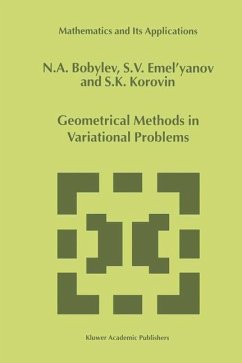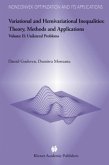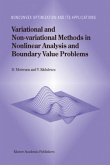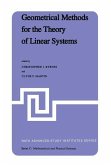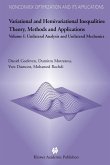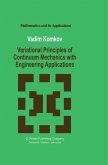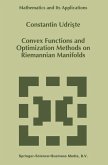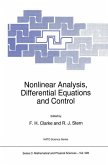Since the building of all the Universe is perfect and is cre ated by the wisdom Creator, nothing arises in the Universe in which one cannot see the sense of some maXImum or mInImUm Euler God moves the Universe along geometrical lines Plato Mathematical models of most closed physical systems are based on vari ational principles, i.e., it is postulated that equations describing the evolu tion of a system are the Euler~Lagrange equations of a certain functional. In this connection, variational methods are one of the basic tools for studying many problems of natural sciences. The first problems related to the search for extrema appeared as far back as in ancient mathematics. They go back to Archimedes, Appolonius, and Euclid. In many respects, the problems of seeking maxima and minima have stimulated the creation of differential calculus; the variational prin ciples of optics and mechanics, which were discovered in the seventeenth and eighteenth centuries, gave impetus to an intensive development of the calculus of variations. In one way or another, variational problems were of interest to such giants of natural sciences as Fermat, Newton, Descartes, Euler, Huygens, 1. Bernoulli, J. Bernoulli, Legendre, Jacobi, Kepler, La grange, and Weierstrass.
Hinweis: Dieser Artikel kann nur an eine deutsche Lieferadresse ausgeliefert werden.
Hinweis: Dieser Artikel kann nur an eine deutsche Lieferadresse ausgeliefert werden.

